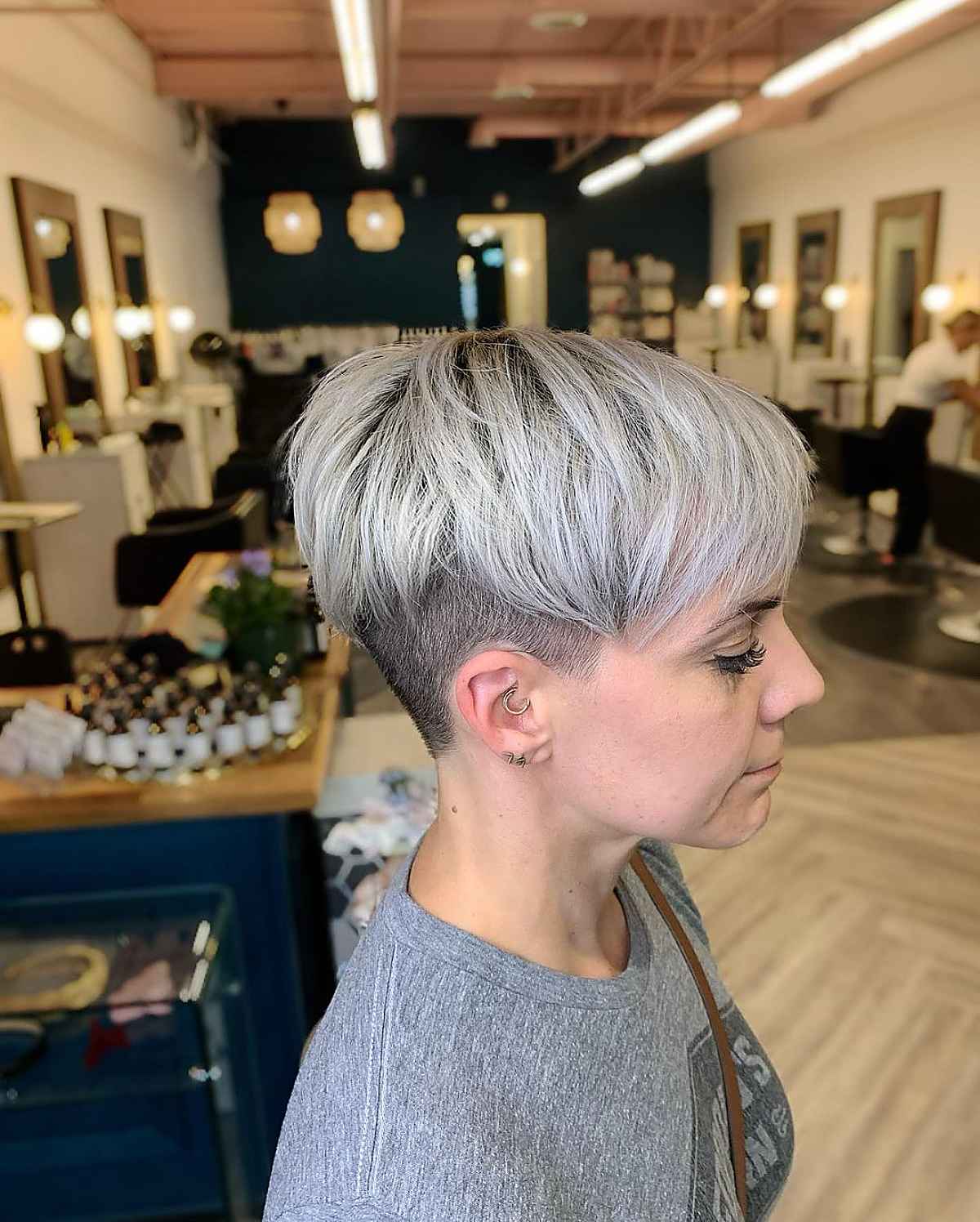
Hey Angels and Alphas,
If you do your due diligence when it comes to fitness and weight loss, you go to the gym, you focus on your diet, and you lead a generally healthy lifestyle, you would think you deserve a glass of wine at the end of the day, right?
After all, you see countless endurance athletes (and then some) swear by beer as one of the greatest post-race recovery drinks… but why is that?
We’ve come together today to briefly explore the effects that alcohol has on you, your body, and your progress toward your fitness goals.
Let’s get started.
How does alcohol relate to your strength and performance in the gym?
Indulging in a 16-ounce IPA probably won’t instantly negate all the hard work you’ve put in inside the gym and outside of it… but it’s an odd pairing, for sure.
If your goal would be to improve your performance and increase your strength, your best bet would obviously be to limit your alcohol intake after you work out… or just eliminate it from your life entirely.
Alcohol is known to slow down the process of protein synthesis, and that’s the exact process that your body uses to aid muscle growth.
Not to mention, alcohol increases dehydration. If you’re often indulging in heavy drinking after you work out, like the men in this study done way back in 2014, the negative effects of alcohol on muscle-protein synthesis are something you should be wary of.
On the other hand, studies have shown that moderate drinking (with moderate being defined as one drink for women and two drinks for men) makes little to no difference on their actual recovery. You also have other factors in play here – how physically fit you are, how often you normally drink, when you drink, as well as how hydrated you are.
When it comes to the myth that drinking beer after a run or race has benefits because beer contains carbohydrates, you can pretty much forget about that. Beer doesn’t have nearly enough carbohydrates, or electrolytes, to make any measurable difference in your body’s recovery processes.
Sure, alcohol may not totally destroy your athletic performance… but when it comes to weight loss, it’s definitely prohibiting it at least to some extent. If you’re chugging down multiple drinks several times throughout the week, you are stacking on a ton of empty calories to your diet… which are, interestingly enough, hard to track.
Mostly, this type of drinking can further encourage other bad habits when you start reaching out for those late-night nachos or skimping on the sleep you need to optimally recover.
There’s a best-case scenario for you beer and wine-lovers…
If you wish to ensure maximum recovery even on a drinking day, it might be in your best interest to wait and have your cocktail only after you’ve properly rehydrated and refueled on much-needed protein.
If you’re only indulging in alcohol on special occasions, you should focus more on what you’re drinking rather than when. Typical cocktail ingredients include soda and juice, both really high in sugar, and they can effortlessly skyrocket your calorie count.
That’s why if you absolutely want to have a drink, you should focus on some light beer or vodka with a squeeze of citrus. And don’t forget, always have a full glass of water for every alcoholic beverage you consume so you’re balancing their diuretic properties.
If you’re someone who wants to indulge after a race or after your workout is complete, studies actually recommend drinking less than (or equal to) 0.5g for every kilogram of bodyweight. At this rate, it’s determined that alcohol is unlikely to impact most aspects of your recovery. This translates to a 140-pound athlete (or around 63 kilos) should drink about 5 percent ABV beer, or in other words, stick to less than two beers, assuming that each beer contains an average 10-15 grams of alcohol.
The post How Badly Does Alcohol Negate Your Workout Gains? appeared first on KAYSWELL.






0 Comments